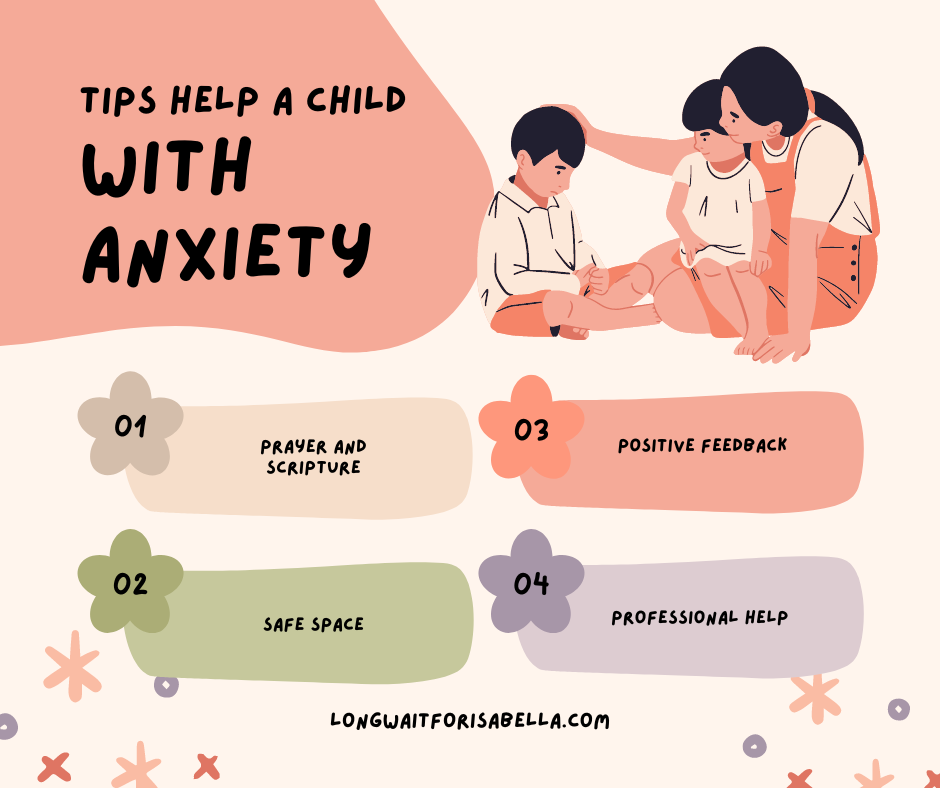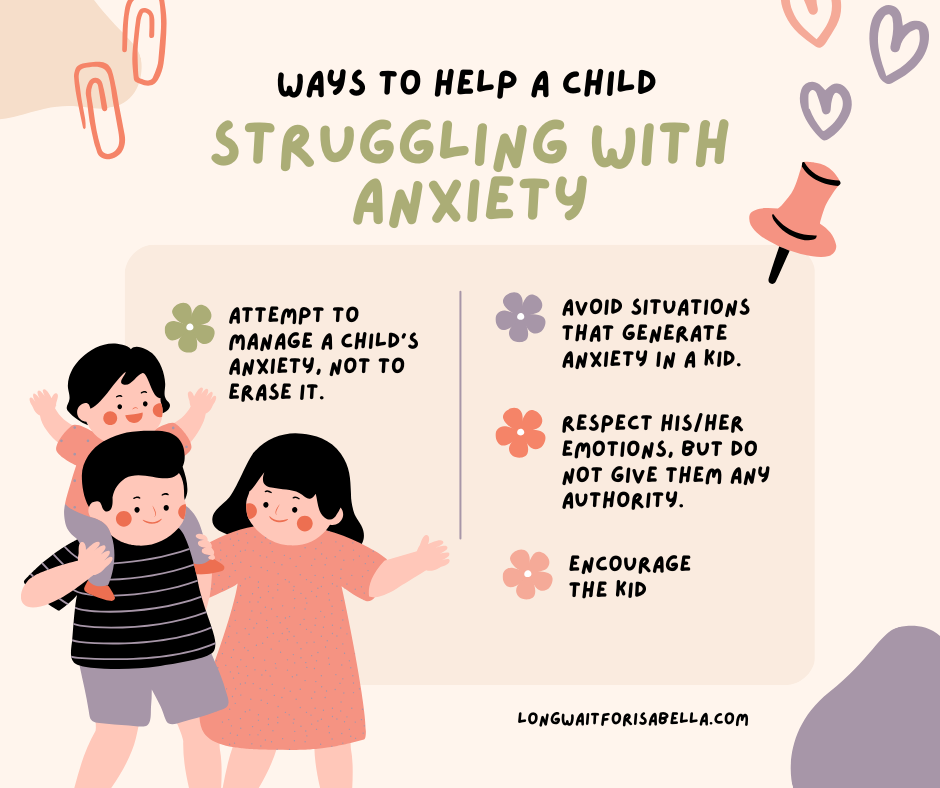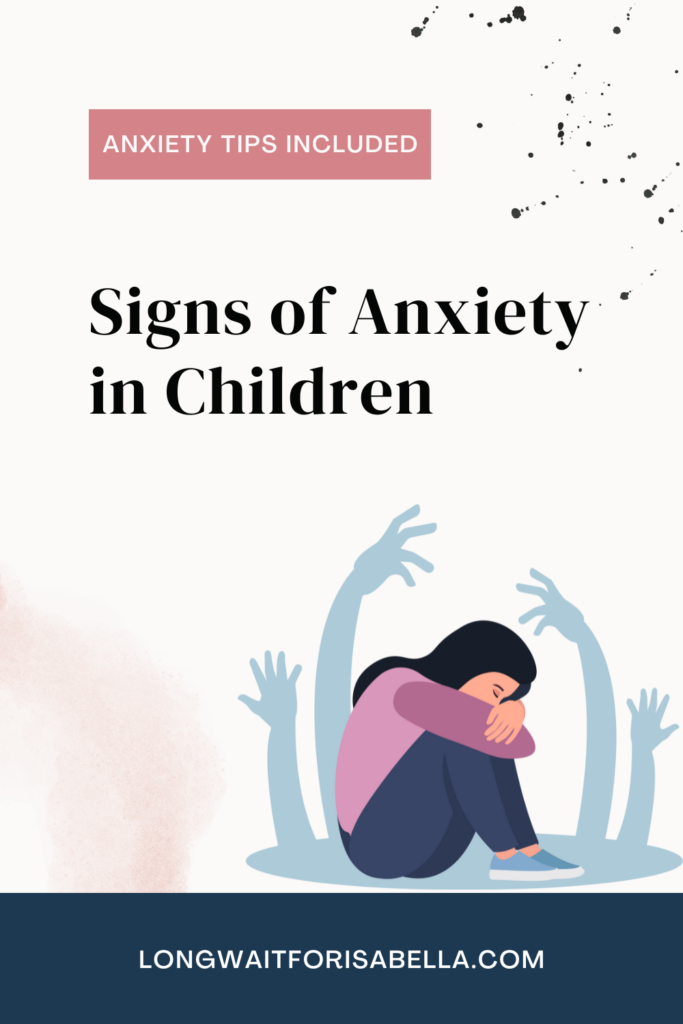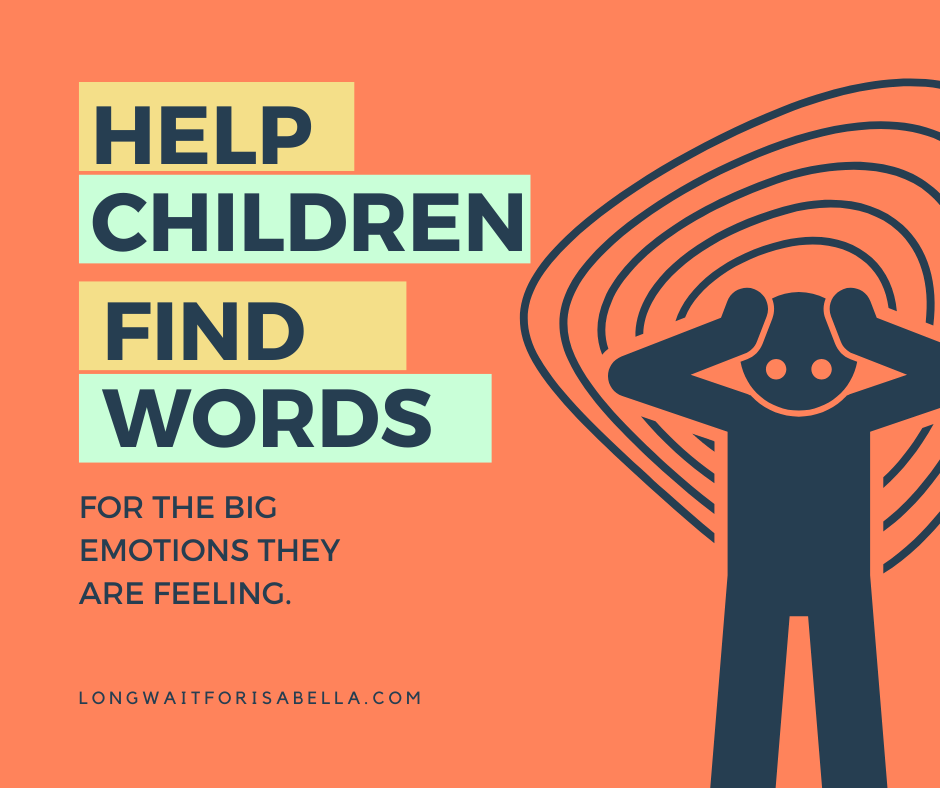As parents, we strive to provide our children with love, care, and support to help them grow into strong and resilient individuals. Yet, in today’s fast-paced and demanding world, children can experience anxiety, just like adults. Anxiety is a natural emotion, but when it becomes overwhelming and persistent, it can affect our children’s well-being and hinder their emotional development. As a Christian family, we have the unique opportunity to guide our children through these challenges, relying on our faith to help them navigate the storms of life. In this blog post, we’ll explore some common signs that your child may be suffering from anxiety and offer guidance on how to nurture their emotional well-being through faith.
Signs of Anxiety in Children
1. Changes in Behavior
One of the first indicators of anxiety in children is noticeable changes in their behavior. Keep an eye out for sudden shifts in their mood, temperament, or daily routine. If your once outgoing child becomes unusually quiet and withdrawn, or if they suddenly start displaying aggressive behavior, it could be a sign that they are struggling with anxiety.
2. Frequent Physical Complaints
Children experiencing anxiety may have difficulty expressing their emotions verbally, leading to physical complaints instead. Common physical symptoms include headaches, stomachaches, nausea, or even unexplained aches and pains. Take these complaints seriously and talk to your child about their feelings in a gentle and understanding manner.
3. Sleep Issues
Anxiety can disrupt a child’s sleep patterns, leading to difficulties falling asleep or staying asleep. If you notice your child having nightmares or constantly waking up during the night, it might be an indication of underlying anxiety.
4. Avoidance and Clinginess
An anxious child may avoid certain situations or people they perceive as stressful. They might become overly clingy and reluctant to be separated from you, seeking comfort and reassurance. While it’s normal for children to seek comfort from their parents, excessive clinginess might signal anxiety.
5. Academic or Social Struggles
Anxiety can also manifest in academic or social settings. If your child starts to struggle academically, avoids going to school, or has difficulty making friends, it’s essential to investigate the underlying reasons. Anxiety might be the invisible force behind these difficulties.
6. Overthinking and Perfectionism
Anxious children often tend to overthink things and strive for perfection. They might get upset over minor mistakes or constantly seek approval from others. As parents, we can encourage them to embrace their imperfections and remind them that God loves them unconditionally.
7. Physical Restlessness
Restlessness, fidgeting, or an inability to sit still might be an indication of anxiety in children. They may find it challenging to relax and enjoy moments of peace due to their anxious thoughts.
Nurturing Your Child’s Emotional Well-being Through Faith
As a Christian family, we are blessed with a powerful tool to help our children cope with anxiety – our faith. Here are some ways we can nurture their emotional well-being through our Christian beliefs:

1. Prayer and Meditation: Encourage your child to talk to God through prayer and teach them about the power of meditating on His word. Psalm 34:4 reminds us that God delivers us from our fears when we seek Him.
2. Scripture and Reassurance: Share Bible verses that offer comfort and reassurance in times of anxiety. Verses like Philippians 4:6-7 remind us to turn our worries into prayers and trust in God’s peace that surpasses all understanding.
3. Establishing a Safe Space: Create an environment where your child feels safe and loved. Let them know they can always come to you or express their feelings to God without fear of judgment.
4. Limiting Media Exposure: Be mindful of the media your child consumes, as it can exacerbate anxiety. Fill their hearts and minds with uplifting and positive content that aligns with your Christian values.
5. Seek Professional Help: If your child’s anxiety is severe or persistent, don’t hesitate to seek professional help from a qualified counselor or therapist who shares your Christian beliefs.
Recognizing signs of anxiety in our children and responding with love and understanding is essential to their emotional well-being. As a Christian family, we can rely on our faith to guide our children through life’s challenges. By nurturing their emotional well-being through prayer, Scripture, and a supportive environment, we can empower them to face their anxiety with courage and strength rooted in God’s love.

Remember, you are not alone in this journey. Trust in the Lord, lean on His wisdom and embrace the unique opportunity to raise resilient, faithful children who find comfort and peace in His presence.
Pin it for later:



